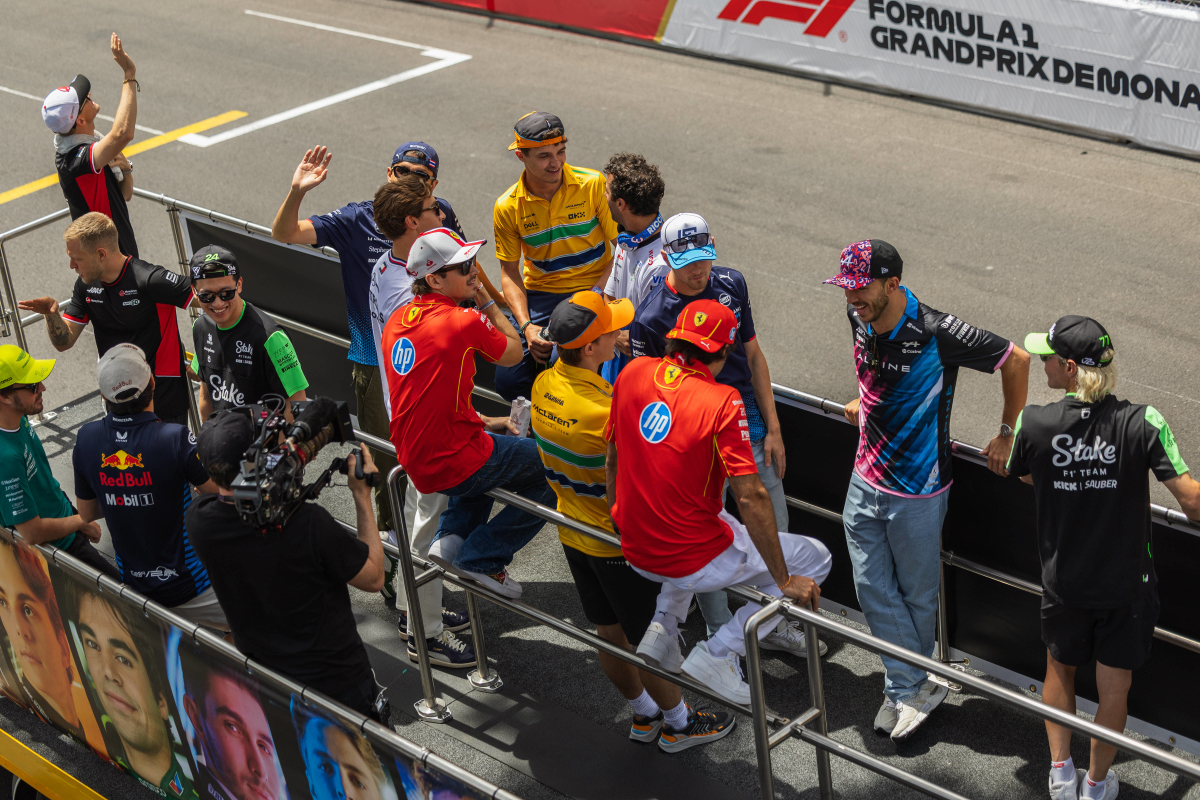Monaco: The Tax Haven F1 Drivers Love – But Not All C…read more
As Formula 1 heads into the glamour-filled streets of Monte Carlo for the 2025 Monaco Grand Prix, the spotlight isn’t only on the twists and turns of the iconic street circuit, but also on the luxury lifestyle many drivers lead off-track. Monaco, long considered a haven for the wealthy, is also a favored home base for a large number of F1 stars. However, while the principality offers some enticing financial perks—particularly the absence of personal income tax—not all drivers can take full advantage of its benefits due to an unusual and restrictive rule.
Twelve drivers from the current 2025 grid officially reside in Monaco. Among them are big names such as reigning world champion Max Verstappen and McLaren’s Lando Norris. Verstappen, in particular, is one of the most notable residents. The Dutch driver moved to Monaco the day after his 18th birthday, joining a long list of athletes and celebrities who call the city-state home. His decision was no doubt influenced by the tax system, which allows residents to keep their salaries and sponsorship earnings without deductions.
Monaco’s tax rules have made it a magnet for high-earning sportspeople, especially in motorsport. With a grueling 24-race calendar, F1 drivers are constantly on the move. Yet, many find time to return to the principality not just for relaxation but also to enjoy its luxurious amenities and lifestyle. From supercars lining the streets to yachts dotting the harbor, Monaco is tailor-made for the elite. It is no surprise then that Charles Leclerc, the only Monegasque driver on the grid, proudly represents the principality on race day.
Leclerc, unlike many of his fellow drivers, doesn’t need to meet any residency requirements to call Monaco home—he was born and raised there and holds a Monegasque passport. His 2024 victory in Monaco was a long-awaited dream fulfilled, ending what many fans had dubbed the “Monaco curse” that seemed to plague his previous performances at home. With Ferrari’s rocky start to 2025, Leclerc will be aiming to repeat his hometown heroics this weekend.
Yet despite all its allure, Monaco isn’t a realistic option for everyone in the paddock. One specific regulation stands in the way for some—particularly French citizens. Though they can technically live in Monaco, they are unable to reap the same tax-free benefits due to a bilateral agreement between France and Monaco. This treaty mandates that French nationals residing in Monaco are still subject to French income tax, unlike other foreign residents who are exempt.
This rule affects several drivers, including Esteban Ocon and Pierre Gasly, both of whom hail from Normandy, France. While they could choose to live in Monaco, doing so would not exempt them from taxation. As a result, they’ve opted to live elsewhere, avoiding the expense of living in one of the world’s most exclusive places without the corresponding financial advantages.
The same rule also deters other French or dual-national drivers from relocating. For example, Isack Hadjar, who races under the French flag, splits his time between Paris and Faenza, Italy, to stay close to his team’s headquarters. Similarly, rising Alpine star Franco Colapinto prefers to stay near home rather than move to Monaco.
In the end, while Monaco remains an aspirational destination for many due to its lifestyle and tax perks, its benefits aren’t universal. For a handful of drivers, nationality and government treaties make the dream of a tax-free Monte Carlo life just out of reach—proving that even in the world of Formula 1, not all glitz comes without fine print.




